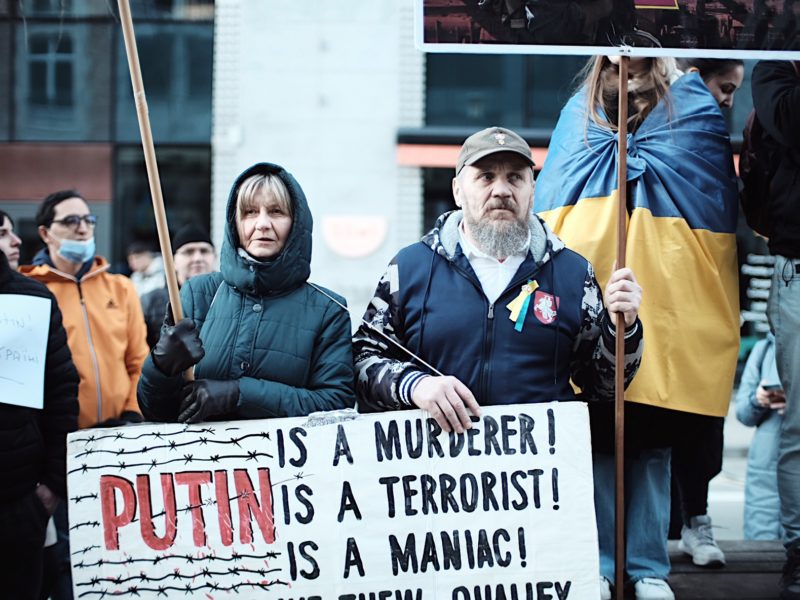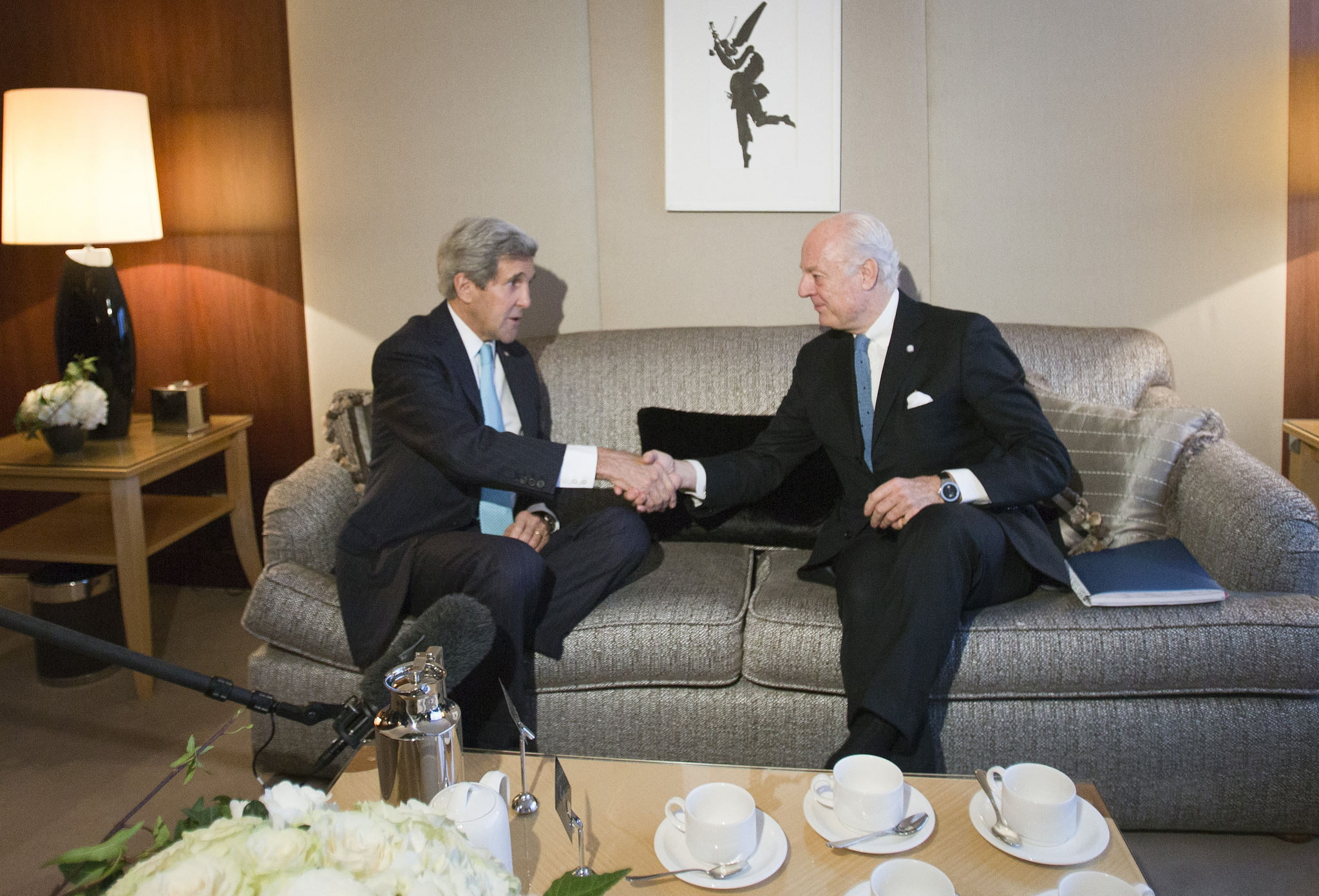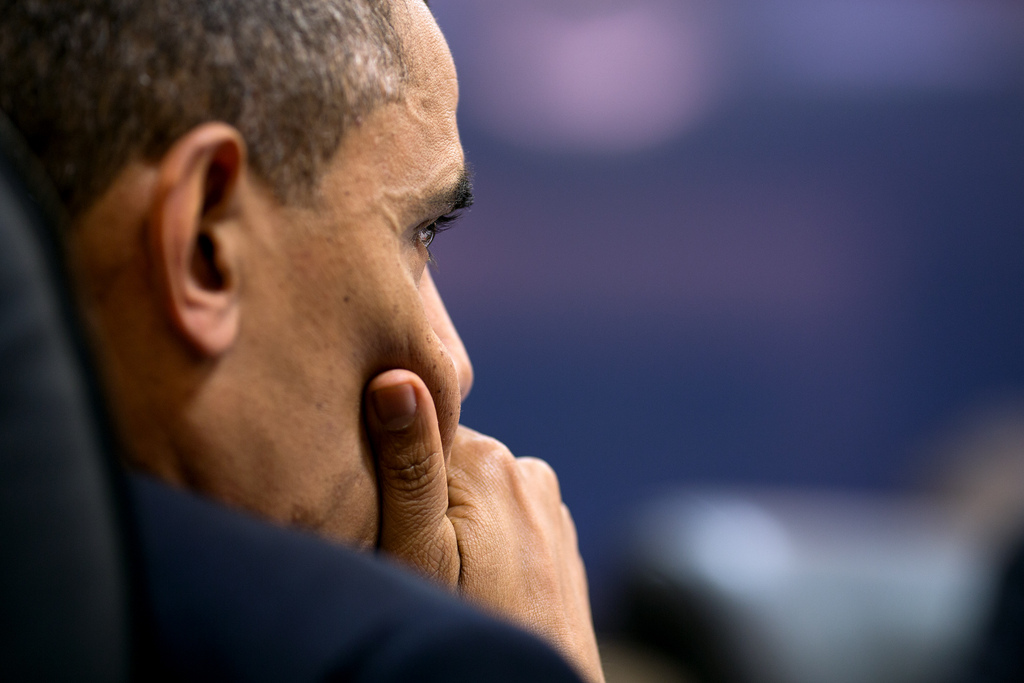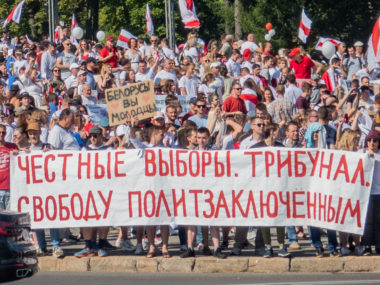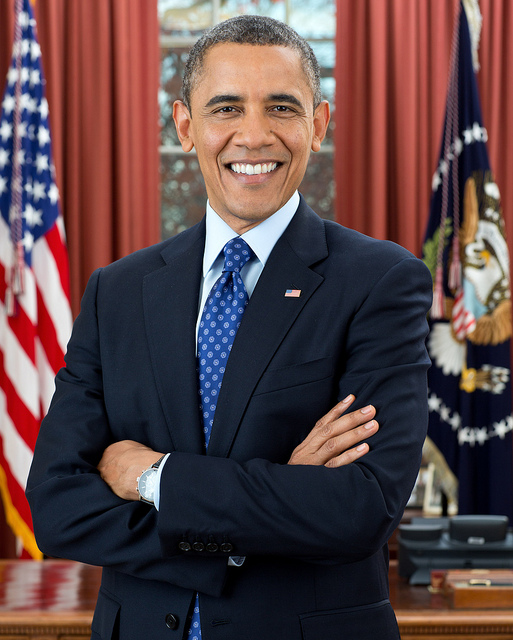Guest post by Michael Kumove
With the war in Ukraine in its fourth month, the conflict shows no immediate signs of ending. Early peace talks have broken down, and with Ukraine insisting that the war will end only when they have regained all of their lost territory, it seems likely that it could drag on until the end of 2022 or even longer. Both sides are digging in to secure their lines in the Donbas region and appear headed toward a stalemate.
At risk of stating the obvious, relations between groups tend to suffer when they go to war, and the Ukraine conflict is no exception. Although many Ukrainians have family and friends in Russia, attitudes toward Russian people have chilled considerably since the invasion on February 24. Peer-reviewed studies are not yet available, but anecdotal evidence suggests that the invasion has led to a drastic reevaluation of Ukrainians’ attitudes toward Russians. Opinion polls show a dramatic increase in the degree of “cold” feelings towards residents of Russia and Belarus. “I am filled with hate [towards Russians],” one woman reported, even though she has family connections to Russia.
This change in intergroup attitudes is hardly surprising. The real question is what will happen when the war eventually ends—or perhaps calcifies into a frozen conflict that no longer poses an immediate threat to Ukraine’s sovereignty. Twenty or thirty years from now, will intergroup attitudes between Russians and Ukrainians have returned to their pre-war baselines?
There is evidence to suggest that post-conflict reconciliation between citizens of formerly warring countries is indeed possible. Numerous scholars have pointed out that some degree of reconciliation can occur as long as certain conditions are met, such as acceptance of historical wrongdoing, implementation of truth and reconciliation commissions, and sufficient levels of intergroup contact. Franco-German relations recovered relatively quickly in the wake of World War II, likely due to both Germany’s deep contrition and the ease of intergroup contact between the two neighboring nations. Conversely, South Korean and Chinese attitudes towards Japan are still shaped by Japan’s occupation and the atrocities committed in their countries during World War II, for which Japan has given only limited apologies. US-Vietnam relations also improved surprisingly rapidly in the decades following the Vietnam War—the two countries signed a free trade agreement in 2000, and the US is now one of Vietnam’s largest trading partners and biggest sources of tourists.
Whether Russia will accept responsibility for its actions in Ukraine in the coming decades is impossible to predict. But one factor should give us hope for a post-war reconciliation between Russians and Ukrainians: the presence of a shared language. Although the majority of Ukrainians report that Ukrainian is their mother tongue, most people are bilingual and can also speak Russian with ease. There is of course also a substantial minority of Ukrainians whose mother tongue is actually Russian, including President Volodymyr Zelensky.
Why does language matter? As the economist Philippe Van Parijs points out, shared languages have two effects on intergroup relations. First, a shared language enables communication, which enables intergroup contact—a key determinant of post-conflict reconciliation. Again this is unsurprising, since intergroup contact has long been associated with improved attitudes. Spending time with members of outgroups tends to improve perceptions of them, and vice versa. Shared languages can also create a sense of shared identity, prompting groups to regard themselves as similar and make them feel more comfortable with each other. This too might be expected to support reconciliation between groups.
In a recent article in the Journal of Conflict Resolution, I explored how these factors contributed to reconciliation after a different conflict—the Yugoslav Wars of the 1990s. The article showed that shared language facilitated reconciliation in the former Yugoslavia. Conflict during the Yugoslav Wars damaged trust and friendship between Serbs and the other six nations of the former Yugoslavia. Though reconciliation remains an ongoing process in the region, the distrust and hostility were less potent when groups shared the same language. Moreover, this effect arose primarily because the shared language enabled communication and intergroup contact between Serbs, Croats, Bosniaks, and Montenegrins. Language as a source of shared identity, however, was not found to have any effect on reconciliation.
What does this mean for Ukraine? The Russian invasion has not yet ended, so it is perhaps too soon to start talking about “post-conflict” outcomes. But when the war is eventually over, the ease of communication between the two countries should be expected to play an important role in facilitating the slow improvement of relations between citizens on each side of the border. That’s not to say that reconciliation is guaranteed—as noted above, other factors such as acknowledgment of wrongdoing also play an important role. But sharing a language means that we should be more optimistic about reconciliation than we would be in other conflict zones such as Israel or Sri Lanka. Russians and Ukrainians once regarded each other as “brothers,” and perhaps once enough time has passed after the conflict, they might eventually do so again.
Michael Kumove is an Associate Lecturer in political science at the Australian National University, and an incoming Postdoctoral Fellow at the Norwegian University of Science and Technology (NTNU).

